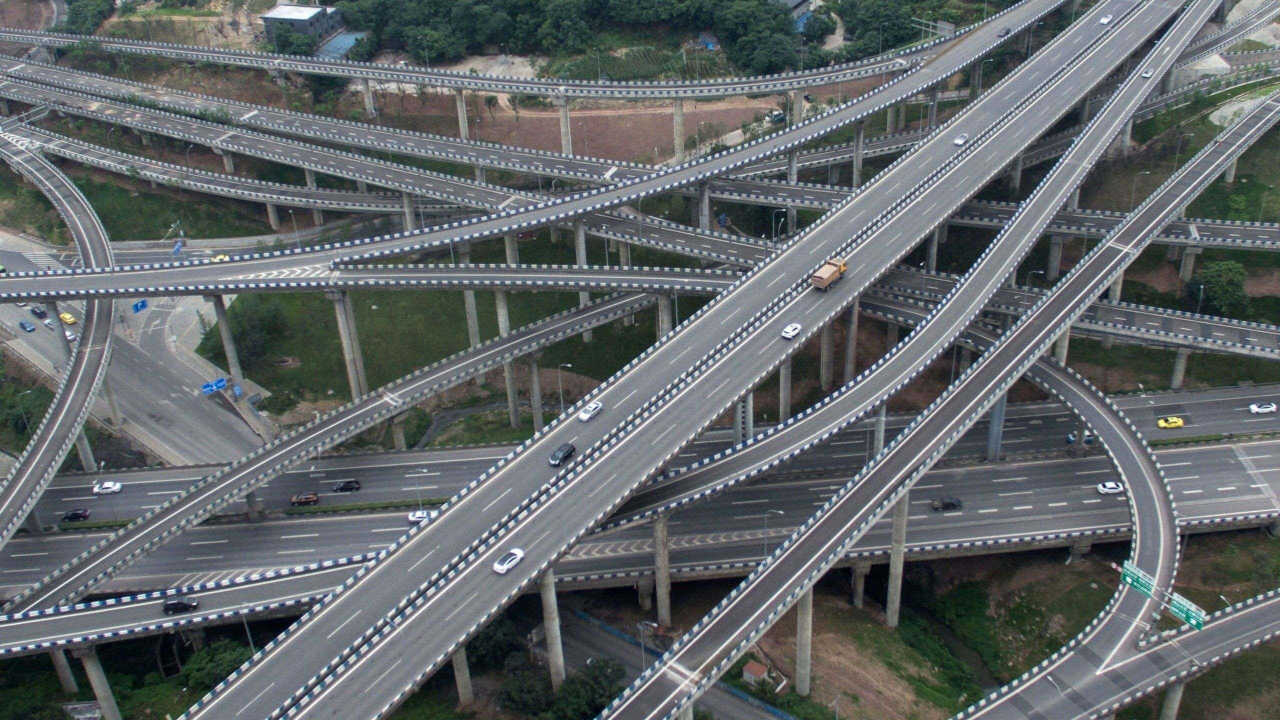The world in which IPv6 was a good design (Avery Pennarun)

(…) The IETF people, when they were thinking about IPv6, saw this mess getting made - and maybe predicted some of the additional mess that would happen, though I doubt they could have predicted SDN and wifi repeater modes - and they said, hey wait a minute, stop right there. We don't need any of this crap! What if instead the world worked like this?
- No more physical bus networks (already done!)
- No more layer 2 internetworks (that's what layer 3 is for)
- No more broadcasts (layer 2 is always point-to-point, so where would you send the broadcast to? replace it with multicast instead)
- No more MAC addresses (on a point-to-point network, it's obvious who the sender and receiver are, and you can do multicast using IP addresses)
- No more ARP and DHCP (no MAC addresses, no so mapping IP addresses to MAC addresses)
- No more complexity in IP headers (so you can hardware accelerate IP routing)
- No more IP address shortages (so we can go back to routing big subnets again)
- No more manual IP address configuration except at the core (and there are so many IP addresses that we can recursively hand out subnets down the tree from there)
Imagine that we lived in such a world: wifi repeaters would just be IPv6 routers. So would wifi access points. So would ethernet switches. So would SDN. ARP storms would be gone. "IGMP snooping bridges" would be gone. Bridging loops would be gone. Every routing problem would be traceroute-able. And best of all, we could drop 12 bytes (source/dest ethernet addresses) from every ethernet packet, and 18 bytes (source/dest/AP addresses) from every wifi packet. Sure, IPv6 adds an extra 24 bytes of address (vs IPv4), but you're dropping 12 bytes of ethernet, so the added overhead is only 12 bytes - pretty comparable to using two 64-bit IP addresses but having to keep the ethernet header. The idea that we could someday drop ethernet addresses helped to justify the oversized IPv6 addresses.
It would have been beautiful. Except for one problem: it never happened. (…)


